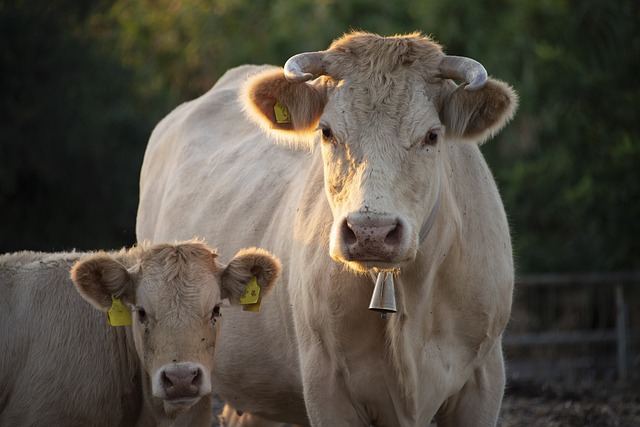GMO-free farming in Europe under threat

The future of green genetic engineering in the EU is to be decided in mid-2023. The EU Commission is currently discussing proposals for far-reaching exceptions when using so-called New Genomic Techniques (NGT) such as CRISPR/Cas. As a result of these exceptions, NGT would not be more or less strictly regulated in the future than agro-genetic engineering has been in the past. Risk assessment and labeling obligation would no longer be guaranteed; freedom of choice for GMO-free cultivation in the EU is therefore no longer possible.
So far, the precautionary principle has applied in Europe: genetically modified varieties are only approved if, for example, negative effects on the environment and nature can be ruled out. "The risk of genome editing must always be checked on a case-by-case basis," says Bioland President Jan Plagge. “With CRISPR/Cas and Co., the metabolism of plants can be changed even more extensively than with so-called old genetic engineering, which incidentally almost exclusively produced pesticide-resistant plants. Today we know: by not doing so, we didn't miss anything in Europe, quite the opposite," emphasizes Plagge.
"For us Bioland farms, it's about avoiding medium- and long-term risks for our ecosystems. We also want to ensure freedom of choice for consumers. They should be able to decide for themselves whether or not to eat genetically engineered food. However, this freedom can only exist if there is also a complete labeling obligation for new genetic engineering”, says the Bioland President.
Already 400.000 signatures against deregulation
In addition to the Bioland President, at least 400.000 other EU citizens currently have a problem with the fact that NGT could be exempted from the EU’s strict genetic engineering law: that’s how many people already have one corresponding petition signed, which is still open for entries until November 20th. With good reason, because the scenarios for the new regulation outlined by the EU Commission not only call into question the precautionary principle - there could even be a "sustainability label" for plants with NGT and thus lead to a kind of "greenwashing" of these technologies come.
However, according to Plagge, only holistic and ecological cultivation systems can provide good answers to systemic problems such as climate change. “And organic farming is the right farming system for the future because it tackles so many problems at once. The EU Commission is in the process of creating a huge conflict of goals in its Farm to Fork strategy. She wants to expand organic farming, which is free of genetic engineering according to the EU regulation, to 25% by 2030, which is good and right. But at the same time she wants to abolish the basis for GMO-free agriculture in the EU with new genetic engineering regulations. This is a dead end and does not fit in with the holistic approach of the European Green Deal.”
